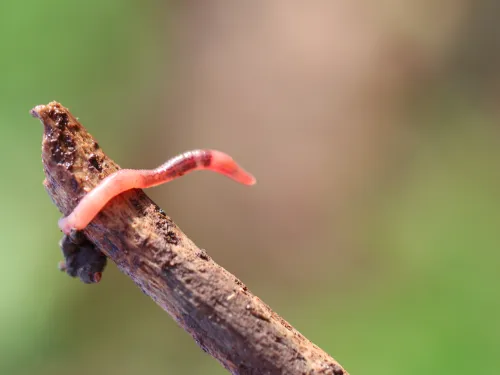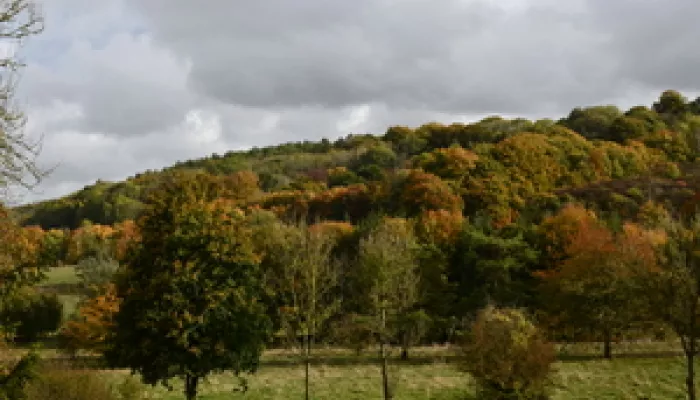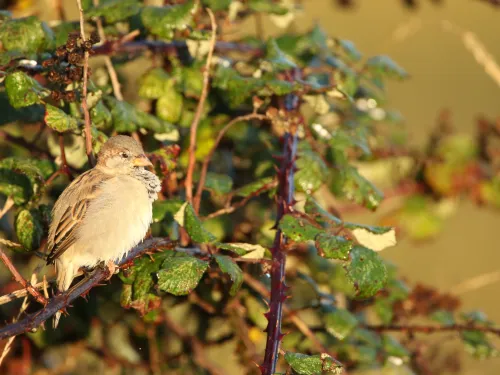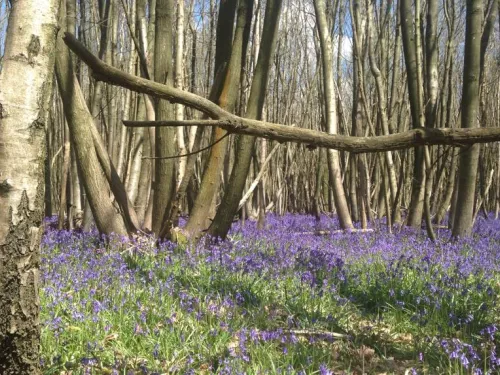
The importance of dung
One of the many benefits of using grazing livestock in conservation management is that they produce dung. Their dung acts in various ways to enhance the landscape and provides benefits for a range of organisms that would otherwise be excluded in a…



